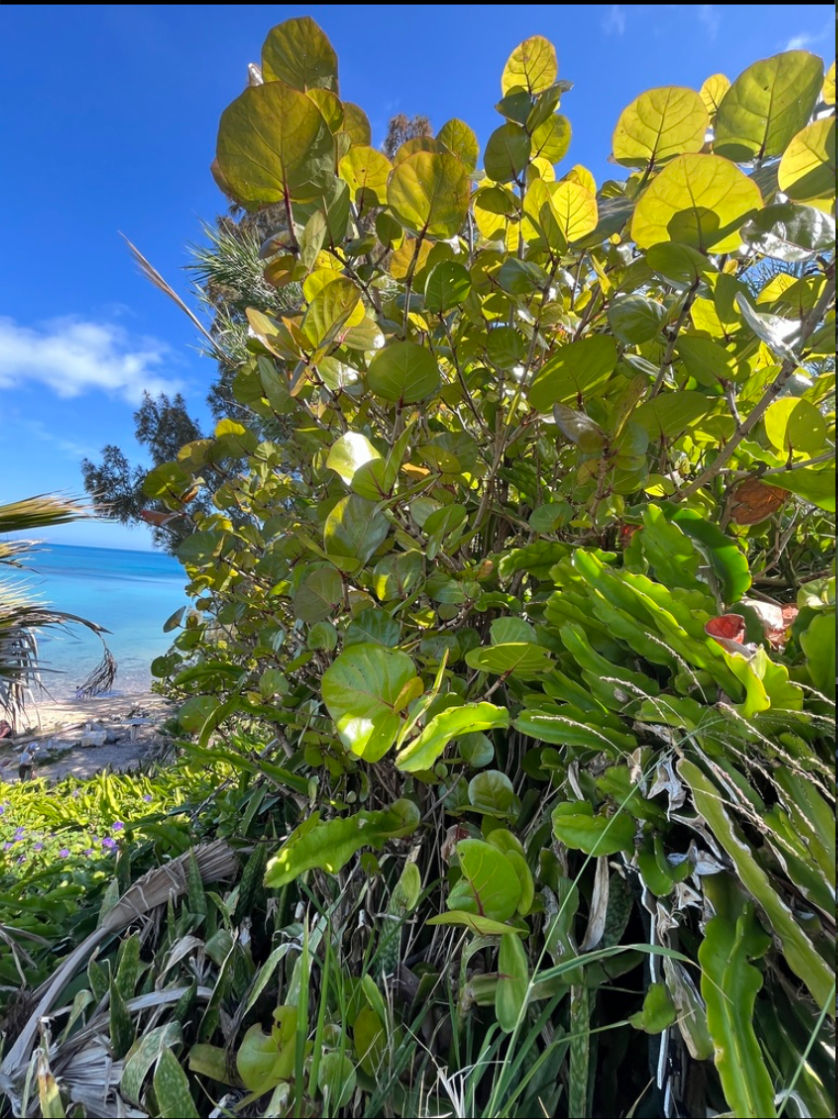Virginia Mallow is a striking perennial that thrives in wetland environments and provides an excellent addition to rain gardens or pond edges. Its large pink flowers attract pollinators and provide a splash of color during the summer and fall months. Ideal for areas with high moisture or occasional flooding, it is a hardy plant that supports wildlife and contributes to erosion control.
General Information
Status in Florida: Native
Native Habitat: Wetlands, marshes, riverbanks, and coastal areas
Native States: Southeastern United States, including Florida, Georgia, Alabama, and the Carolinas
Growing Zones: 5-9
Size at Maturity: 3-6 feet tall, 2-3 feet wide
Phenology: Perennial
Life Cycle: Perennial
Growth Rate: Moderate
Growth Habit: Upright, clumping
Bloom Season: Summer to fall
Bloom Color: Pink to magenta
Growth Conditions
Sunlight Requirements: Full sun to part shade
Soil Texture: Adaptable, prefers moist, well-drained soils (can tolerate wet soils)
Soil pH: Slightly acidic to neutral
Moisture Requirements: Wet to average moisture, tolerates some standing water
Tolerance to Salt Spray: Moderate
Keystone Plant: No
Landscape Considerations
Recommended Landscape Uses: Wetland gardens, rain gardens, ponds, water features, coastal gardens
Maintenance Tips: Cut back dead stems in late fall or early spring; remove spent flowers to encourage new growth
Considerations: Needs consistent moisture, especially during the growing season
Hurricane Wind Resistant: Yes
Erosion Control: Yes
Nitrogen Fixing: No
Other Information
Edible: No
Pet Safe: Yes
Deer and Rabbit Resistance: Yes
Historical Medicinal Uses: Used traditionally for its medicinal properties in treating respiratory ailments, though not commonly used today
Florida Native Companion Plant: Swamp Milkweed (Asclepias incarnata), Blueflag Iris (Iris versicolor), Pickerelweed (Pontederia cordata)
Wildlife Benefit: Attracts pollinators, especially bees and butterflies
Caterpillar Host Plant: Yes
Propagation: Seed, division
top of page
Amelia's Native Wildflowers, LLC | Nassau County's Native Plant Nursery
Free Shipping on orders over $85 | COUPON CODE: WREATHS |
PriceFrom $10.00
Sales Tax Included |
Customers Also View
Your content has been submitted
Your content has been submitted
Your content has been submitted
Your content has been submitted
bottom of page































